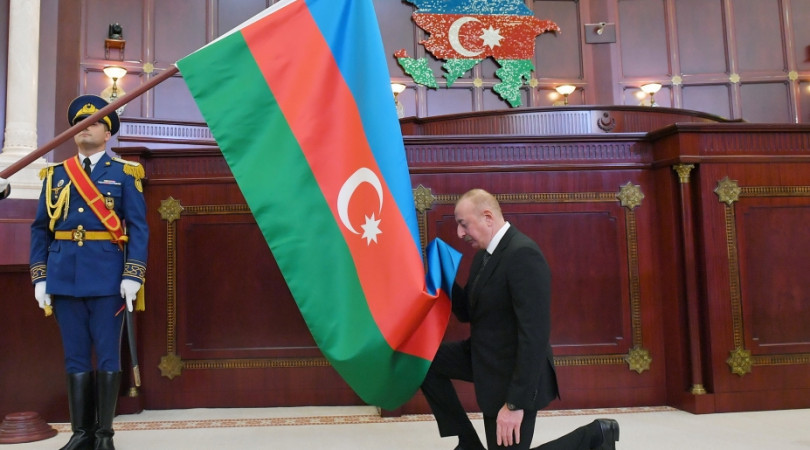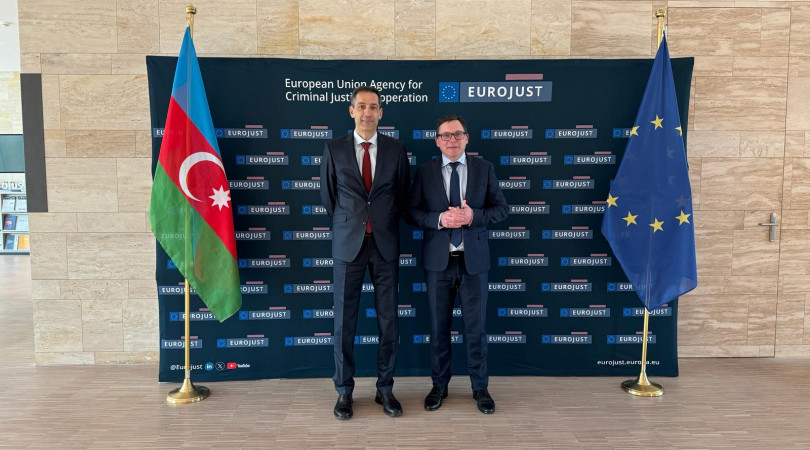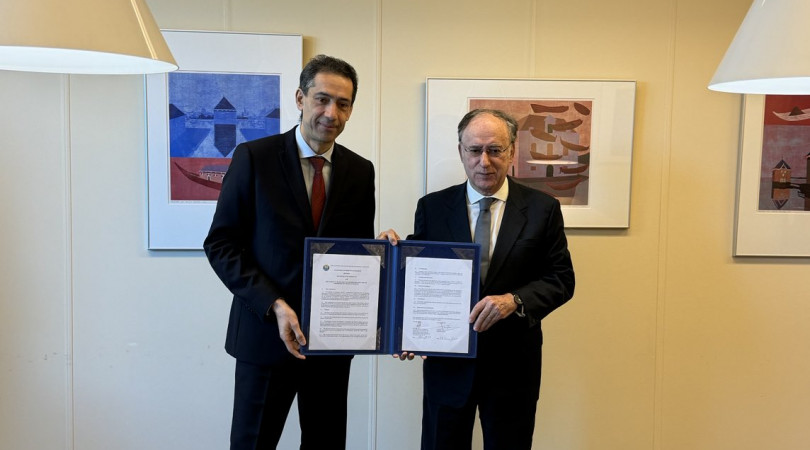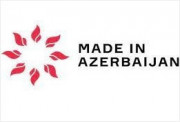Əsir və itkin düşmüş, girov götürülmüş şəxslərlə bağlı məlumat
Armenia extensively practiced taking and holding of hostages and mistreatment and summary execution of Azerbaijani POW and hostages during its aggression against Azerbaijan. 3890 persons (3171 servicemen, 719 civilians) from Azerbaijan are missing from the first war between Armenia and Azerbaijan. Despite the fact that the taking of hostages is clearly prohibited by the Geneva Convention relative to the protection of civilian persons in time of war, 1102 Azerbaijani civilians (including 224 children; 357 women; 225 elderly people) were released from Armenian captivity and there are facts proving that 267 civilians (including 29 children; 98 women; 112 elderly people) have been taken hostage and haven't been subsequently released.
The State Commission on Prisoners of War, Hostages and Missing Persons of the Republic of Azerbaijan identified that in violation of the norms of International Humanitarian Law the hostages were detained under unbearable conditions, together with prisoners of war, were transferred from one place of detention to another, both in the occupied territories of Azerbaijan and in the territory of Armenia. There was mass annihilation of Azerbaijani prisoners of war and hostages by Armenian armed forces in 1990s. Many hostages, including children, women and the elderly, were brutally killed, some died later in Armenian captivity as a result of torture, intolerable conditions and diseases. As the corpses of the dead were not handed over to Azerbaijan, these persons are still missing.
Despite the repeated appeals of the State Commission, only in 1998-2001 it was possible to get information about 50 Azerbaijani prisoners of war and hostages who were registered by the International Committee of Red Cross (ICRC) and visited at various times by the ICRC's representatives at the places of detention, both in the territory of Armenia and in Nagorno-Karabakh. It is very disturbing that remains of only 16 persons out of 50 were returned to Azerbaijan and the fates of remaining were concealed despite they had been under the protection of the ICRC.
The main source of the information on hostage-taking is the testimony of persons released from Armenian captivity. Having many irrefutable facts of hostage taking, it could be possible to trace the fate of missing persons, but all attempts of search were unsuccessful due to the rigid position of Armenian side and concealment of the facts on missing persons. For more than 25 years, Armenia has failed its obligation under the applicable international law to conduct effective investigation into the fate of missing persons.
Azerbaijan cooperates with the ICRC in collecting DNA samples from the relatives of missing persons who are still waiting for the news on their whereabouts. These samples will be used for identification of persons buried in mass and nameless graves. The liberation of the Azerbaijani territories from occupation makes possible to accomplish the work of identifying the fates of missing persons and alleviate almost three decades of pain and anxiety of thousands of people in Azerbaijan. Azerbaijan has already started the process of identification by conducting exhumation works in unnamed burial sites in cooperation with the ICRC. On February 12, 2021, Armenia with facilitation of the ICRC returned to Azerbaijan the remains of seven persons considered to belong to persons missing since the beginning of 1990s.
It should also be taken into account that hostage-taking have been practiced by Armenia not only at the beginning of 1990s but the whole period of 26 years of case-fire. In 2014 two Azerbaijani civilians who visited the graves of their relatives in occupied lands (Dilgam Asgarov and Shahbaz Guliyev) were captivated and kept as hostages by Armenia for 6 years. Armenia refused Azerbaijan's proposal to exchange all people detained in connection with the conflict and politicized humanitarian issues for many years.
Since September 27, 2020, in compliance with the obligations under the trilateral statement on cessation of hostilities as well as those of International Humanitarian Law and principles of humanism, Azerbaijan withdrew from the former conflict zone all Armenian combatants who surrendered to the armed forces of Azerbaijan, as well as elderly Armenians left in the liberated territories. These persons are being treated with full respect to their dignity and human rights, and have been provided with all necessities such as food, water and medical treatment. The ICRC is provided on a regular basis with the information on Armenian POW, as well as visits by the ICRC staff are ensured. Armenian POW are also provided with an opportunity to write letters, send video messages and make telephone calls to their relatives.
After the end of war in 2020, Azerbaijan released more than 70 Armenian detainees. Return of bodies and elderly civilians left without help and food in the territories liberated from the occupation were initiated and realized by Azerbaijani side on unilateral basis, as Armenia refused to act so, trying to get military advantages from humanitarian actions.
As a result of search operations carried out in the former combat zone in order to collect remains of fallen military servicemen, 1252 corpses of Armenian servicemen were found and handed over to Armenian side. In accordance with its obligations under November trilateral agreement, Azerbaijan has created all necessary conditions for Armenia to collect remains of its deceased servicemen. Unfortunately, Armenia still conceals the information on the whereabouts of Azerbaijani POW and remains of Azerbaijani servicemen, despite the dozens of facts proving their furtive burying and abduction. 28 Azerbaijani servicemen are still missing after the last year's war.
Mindful of its obligations under International Humanitarian Law, Azerbaijan has taken very seriously the allegations on degrading treatment of Armenian POW. On the basis of materials collected, the Military Prosecutor's Office of the Republic of Azerbaijan has initiated criminal investigations against 4 servicemen of the Azerbaijani Army as potentially being responsible for alleged illegal acts. But for 30 years the international community hasn't witnessed any investigation and punishment for numerous war crimes committed by Armenian servicemen and officials against Azerbaijani nationals, despite dozens of irrefutable facts, the most appalling of which was the Khojaly massacre of 1992.
On 26 November 2020, sixteen days after the entry into force of the formal cessation of hostilities, terrorist-sabotage group consisting of 62 Armenian nationals illicitly crossed the Armenian-Azerbaijani state border and were illegally deployed in the territory of the Khojavand district of Azerbaijan with the task to organize terrorist attacks against Azerbaijan i civilian objects and citizens. Four Azerbaijani soldiers were killed and one civilian was seriously wounded by Armenian terrorists. During the counter-terrorism operation carried in the second half of last December, the above-mentioned group was detained for committing acts of terror on the territory of Azerbaijan. The illegal deployment of a sabotage group in the territory of Azerbaijan long after the signing of the Statement of 1O November is a gross violation by Armenia of its commitment to cease all military activities and withdraw its armed forces from the territory of Azerbaijan, and thus constitutes yet another breach by Armenia of its obligations under international law to respect sovereignty and territorial integrity of States and to refrain from the use of force.
Azerbaijani side has repeatedly declared that the war in its territory is over and its population wants long-lasting peace and prosperity in the region. It is our firm position that all necessary humanitarian measures for alleviating human suffering caused by 30 years of conflict should be taken and war-criminals should be punished.


.jpg)















